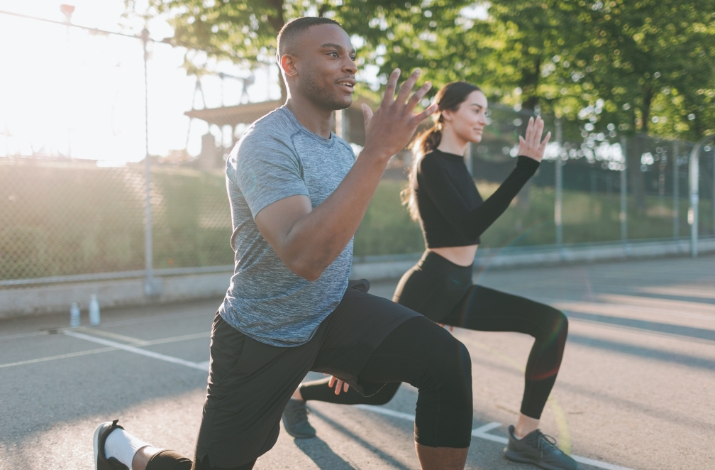Why am I not hungry after working out?

Exercise is a wonderful way to be strong and healthy. Depending on how we do it, exercise is a great way of strengthening our heart, lungs, muscles, bones, brain, and more. It can also be a tool in controlling metabolic health and achieving or maintaining a healthy body fat level. At least some of this effect is a result of the short-term changes in appetite that occur during and after exercise. The reason for this can be summed up simply: energy and hormones.
During exercise, it’s very common for the total amount of energy in the blood to increase. When I refer to “energy”, I mean the molecules that we can burn for energy in the body, such as glucose, free fatty acids, ketones, and more [1]. This shouldn’t be surprising; during exercise, the body needs a lot of energy, particularly muscles, which experience an enormous increase in metabolic rate. But muscles don’t drive hunger–that’s one of the brain’s many jobs.
The brain doesn’t have a reserve of energy. Unlike muscles, liver, and fat cells, which can store energy for later use, the brain is constantly reliant on the energy available in the blood, particularly glucose and ketones. If one or both of those is high, the brain appears to be content and hunger is abated. And this is what happens during and often after exercise [2].
Regarding hormones, ghrelin is one of the most important and potent hunger signals. When ghrelin is high, hunger is high; when ghrelin is low, hunger is low. During and for several hours after exercise, ghrelin drops [3], which certainly plays into the hunger-reducing effects of the exercise.
Now that we’ve covered the science behind the appetite-suppressing effects of exercise, let me add a note of caution–avoid the temptation to indulge in sugary snacks or many of the popular sports drinks after working out. As much as exercise can improve insulin sensitivity, loading up on glucose- and insulin-spiking snacks or drinks afterwards undoes much of the metabolic benefit of the work out [4].
And of course, when you do get hungry at some point after working out, be sure to stick with the fundamentals of eating and controlling insulin: control carbohydrates, prioritize protein, and don’t fear fat.
References
- https://pubmed.ncbi.nlm.nih.gov/1207430/
- https://www.ncbi.nlm.nih.gov/pmc/articles/PMC3587394/
- https://www.sciencedirect.com/science/article/pii/S0167011507000912
- https://www.frontiersin.org/articles/10.3389/fnut.2022.868511/full
This article is for informational and educational purposes only. It is not, nor is it intended to be substitute for professional medical advice, diagnosis, or treatment and should never be relied upon for specific medical advice.


















